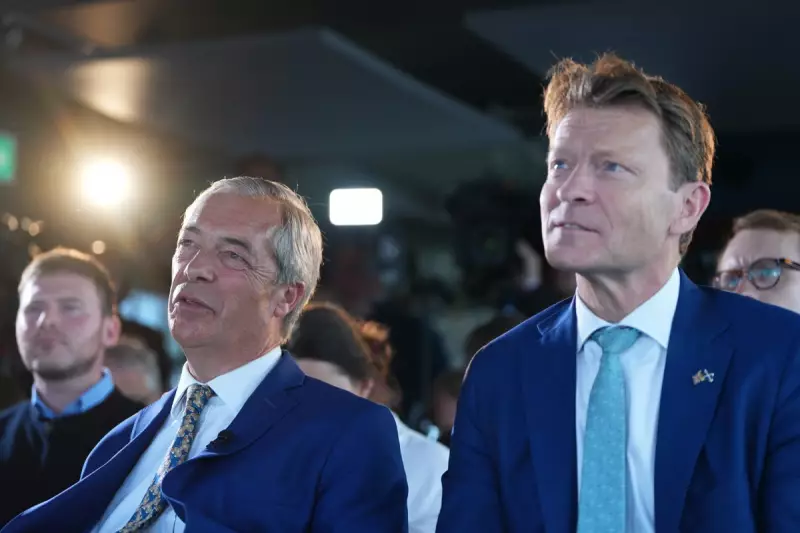
Senior Reform UK figures are facing intense scrutiny after revelations emerged about their substantial earnings from second jobs and acceptance of valuable gifts while holding parliamentary positions, sparking a major transparency debate in Westminster.
Luxury Watches and Five-Figure Side Incomes
The investigation uncovered that Reform UK leader Richard Tice received a luxury Breitling watch valued at approximately £2,000 from party chairman and benefactor Alan Bown. This gift was duly registered in the MPs' financial interests log, alongside other substantial donations from Bown that have fueled the party's operations.
Meanwhile, the party's sole MP, Lee Anderson, reported earning between £10,000-£15,000 from his regular appearances on GB News, in addition to his parliamentary salary. The revelations come amid growing concerns about MPs' outside earnings and potential conflicts of interest.
Farage's Media Earnings and Reform's Financial Backing
Although not currently an MP, Nigel Farage's financial dealings have also come under examination. The prominent Brexiteer earned £40,000 from a single speech to a Malaysian investment bank and received substantial payments from various media engagements, including his regular appearances on GB News.
The financial structure of Reform UK itself reveals heavy reliance on a few key donors, with Alan Bown contributing tens of thousands of pounds to support the party's operations and staffing costs. This concentration of financial support from wealthy individuals raises questions about influence within the party.
Transparency Concerns and Political Reactions
The revelations have ignited a fierce debate about transparency and accountability in British politics. Critics argue that significant outside earnings and valuable gifts create potential conflicts of interest that undermine public trust in elected officials.
Reform UK has positioned itself as an anti-establishment force, yet these disclosures show its key figures engaging in practices similar to those they frequently criticise in mainstream politicians. The party now faces challenging questions about its commitment to transparency as it seeks to expand its parliamentary presence.
As the general election approaches, these findings are likely to feature prominently in debates about political integrity and the need for stricter regulations governing MPs' outside interests and financial disclosures.





